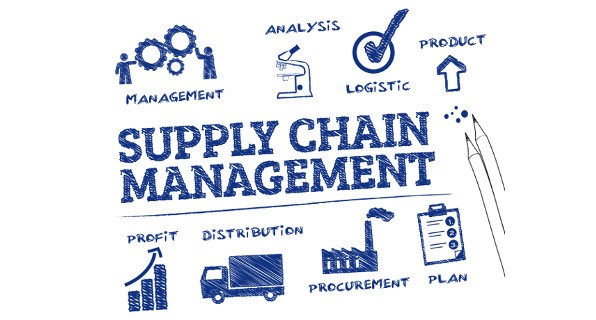
What is meant by the term "Supply Chain?" My conversations with industry over the years tell me that organisations have differing perceptions of the meaning of what should be a simple term. Is your definition different to that of your suppliers? How about your competitors or your customers?
Supply Chain Management (SCM) encompasses all the business activity related to sourcing and procurement, customer and supplier relationship management, and logistics management. SCM needs to successfully integrate the supply and demand activities within your company and across the companies you work with - to create an interconnected network of businesses serving your end customer. Some people now call this network of businesses the “Extended Enterprise” – with every participant in the network working to maximise their revenue, minimise their cost while contributing to the efficiency and profitability of the network as a whole.
A successful supply chain is a responsive one. In order to deliver a successful, responsive Supply Chain, it is essential to align processes, systems and communications. This alignment needs to accommodate all parties, internal and external, and address both large and small contract areas.
This should immediately raise the question, "How responsive are we and what can we do to become more responsive?"
To find out how responsive you are today you need to be talking to your customers, your suppliers, and your internal teams – asking the right questions – and identifying what works now and where the stresses are. What you can do to improve responsiveness will follow on from these conversations. This is a valuable exercise for any business looking to grow – irrespective of size. Here are my three top tips to keep in mind as you go about the process:
1. Your organisation needs a holistic approach to SCM – Think about the “Extended Enterprise”
2. Don’t reinvent the wheel. You should look to re-use best practice methodologies and processes wherever possible and look for existing system data which can be utilised by newer web based services.
3. Focus on the data. The need for accurate, consistent and reliable data is recognised across all industries – and real-world examples of supply chains which have got this right are still few and far between. Data is the bedrock of your supply chain.
Finally you will need to design a complete campaign to manage your Supply Chain, incorporating the many elements of the service offering of the “Extended Enterprise”. This will in turn lead you to develop your processes and solutions in line with your business goals. Through the successful implementation of such a solution suite you will without doubt gain a competitive edge within your industry - and that's what it’s all about right NOW!
Asite Insights in your inbox.
Sign up for product news and our latest insights published monthly. It's a newsletter so hot, even global warming can't keep up.


